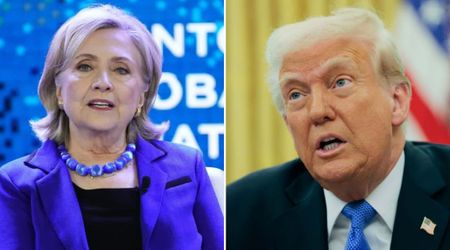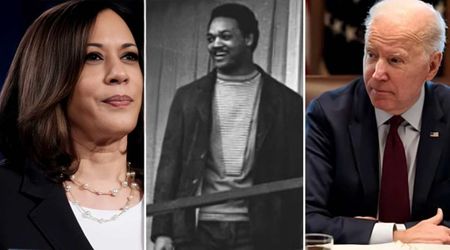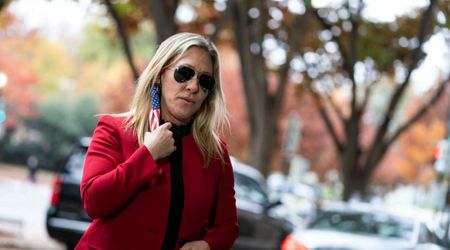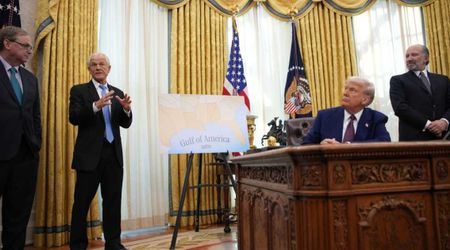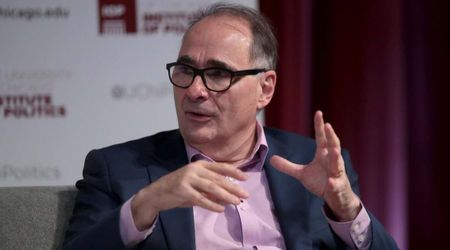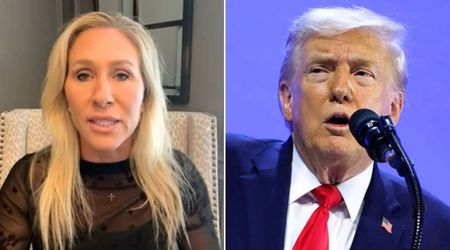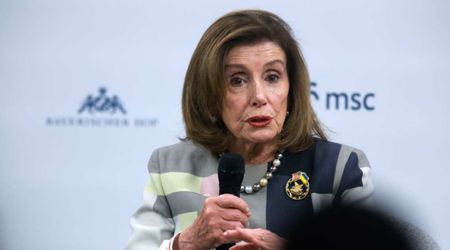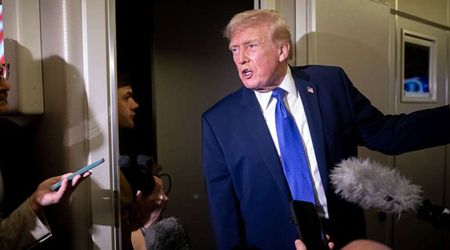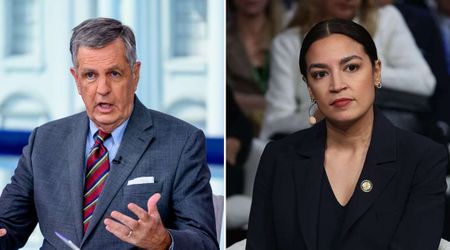Donald Trump's criminal trial: How Supreme Court's ruling on presidential immunity could affect two other cases of ex-POTUS
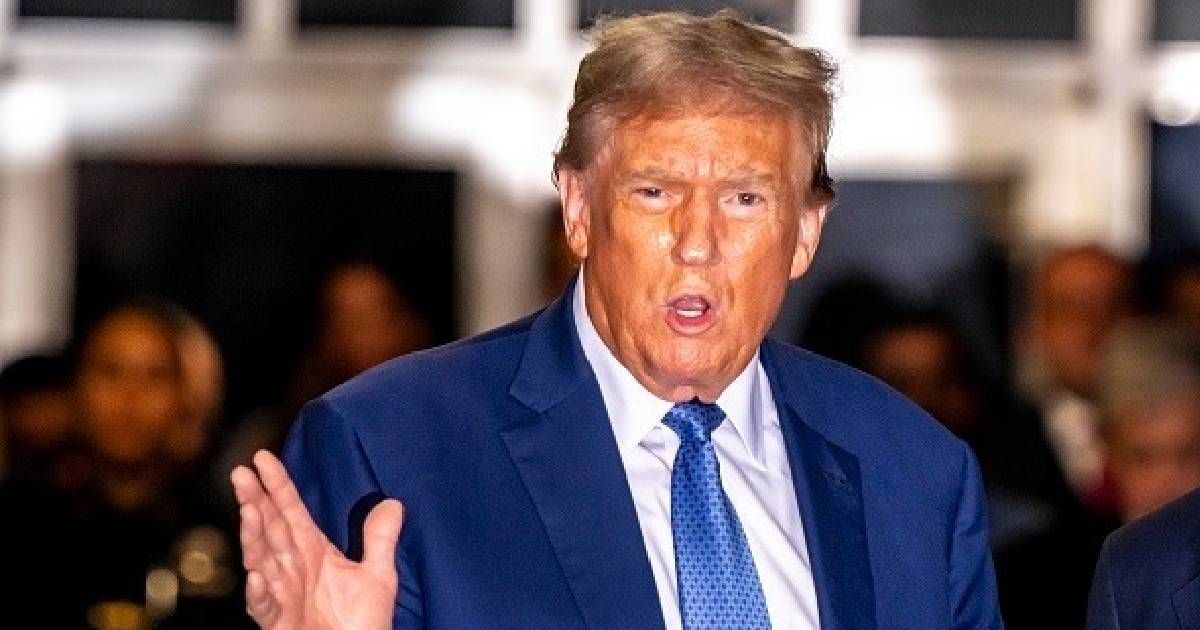
WASHINGTON, DC: After being found guilty on 34 charges of fabricating business records in New York, former President Donald Trump vented, demanding that Judge Juan Merchan be stopped from sentencing him in the case by the US Supreme Court, according to Yahoo News. He wrote, "The United States Supreme Court MUST DECIDE!"
Notably, the high court is anticipated to rule at any moment on whether the doctrine of presidential immunity shields Trump from prosecution in the federal election interference case brought by special counsel Jack Smith, even though it is unlikely to get involved in the sentence of the former president found guilty by a jury in a state court proceeding.
Let us take a look at how the Supreme Court's ruling could affect two other cases of ex-prez.
January 6 election interference
After a federal appeals court confirmed Judge Tanya Chutkan's decision that Trump's attempts to rig the 2020 election did not fall under the purview of his official presidential responsibilities, the high court convened in April to hear oral arguments on the presidential immunity issue.
Chutkan has put a hold on the Jan 6 election interference case until the Supreme Court decides. The trial won't proceed if the court finds in Trump's favor, concurring that former presidents are shielded from criminal prosecution until they are first impeached and tried by Congress.
A trial in this matter may take place before the 2024 presidential election if the justices find in favor of the administration.

Most legal experts predict that the court will not grant Trump complete immunity from prosecution based on the justices' questions.
Instead, the court may rule that each of the accusations against Trump must be investigated by a different court in order to determine whether or not his actions—such as disseminating erroneous information about the election's outcome—should be classified as official acts.
If that occurs, the trial's commencement date may be rescheduled till after the 2024 election. That's important because Trump could order his attorney general to just withdraw the lawsuit against him if he is reelected.
Georgia election interference
If the Supreme Court rules in favor of Trump's presidential immunity, his attorneys would move swiftly to have Superior Court Judge Scott McAfee dismiss the ten felony counts against him.
Trump and 14 other people are accused of felonies in Fulton County, Georgia, related to their attempts to rig the 2020 election in that crucial state.
On the basis that the Supreme Court decision "shields President Trump from criminal prosecution for acts within the 'outer perimeter' of his official duties," Trump and McAfee filed a court move in January to dismiss the state's accusations.
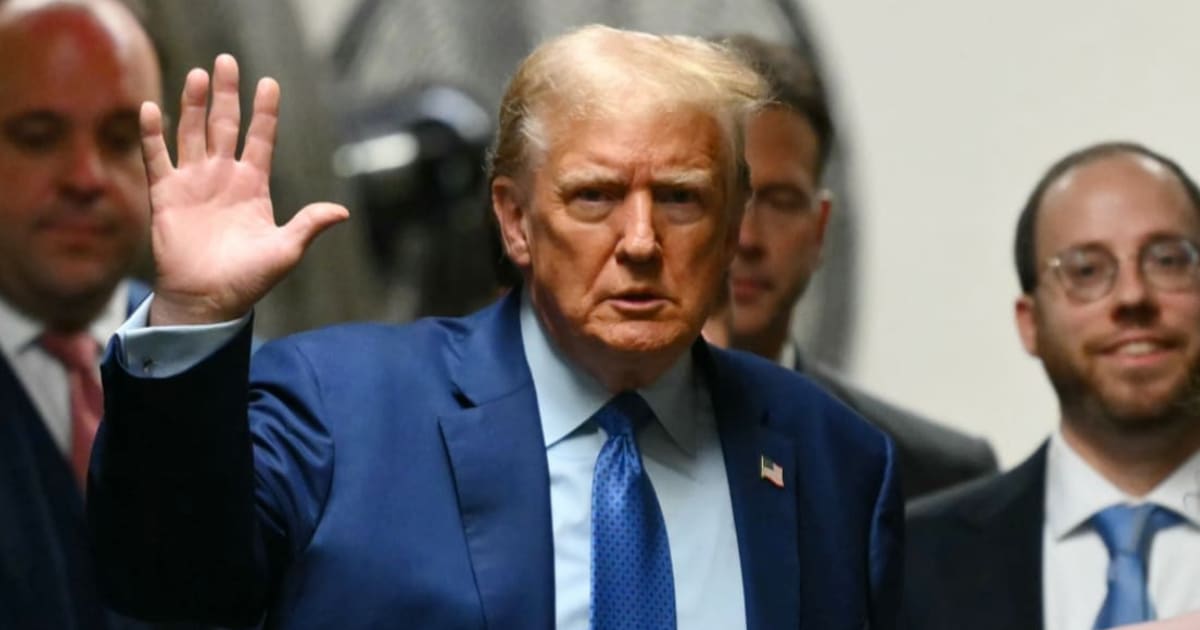
Trial proceedings are presently on halt as McAfee awaits the Supreme Court's judgment about immunity and Trump's attorneys' attempt to overturn McAfee's decision to keep Fulton County District Attorney Fani Willis on the case despite misbehavior accusations.
The Georgia appeals court set the matter for a hearing in October on Monday.
If the Supreme judicial rules even slightly in favor of Trump on the immunity matter, Trump's attorneys would undoubtedly file more judicial challenges, which would most likely push the case until 2024 or 2025.
Classified documents
The main tenet of Trump's defense in the case involving the classified documents is that he cannot be held legally responsible for his decision to transfer boxes filled with sensitive information to his residence in Florida while he was president.
On those grounds, Trump's attorneys requested in February that Judge Aileen Cannon dismiss all 40 felonies that Smith had filed.

The trial has already been postponed by Trump appointee Cannon, meaning it will most certainly start after the election. If the Supreme Court decides that Trump is immune from prosecution due to presidential immunity, the lawsuit involving the classified information may be dismissed before a trial ever starts.

